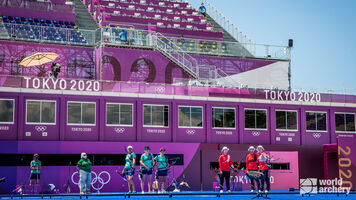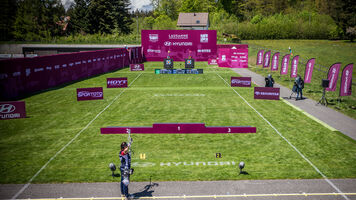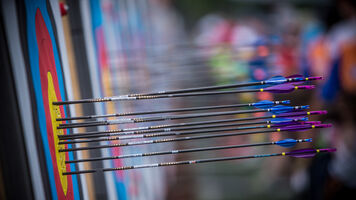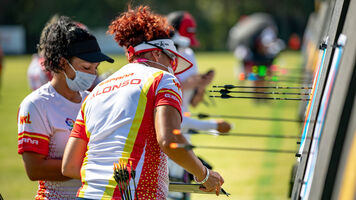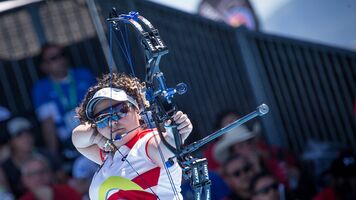Indian archers Atanu Das, Deepika Kumari tie the knot during quarantine
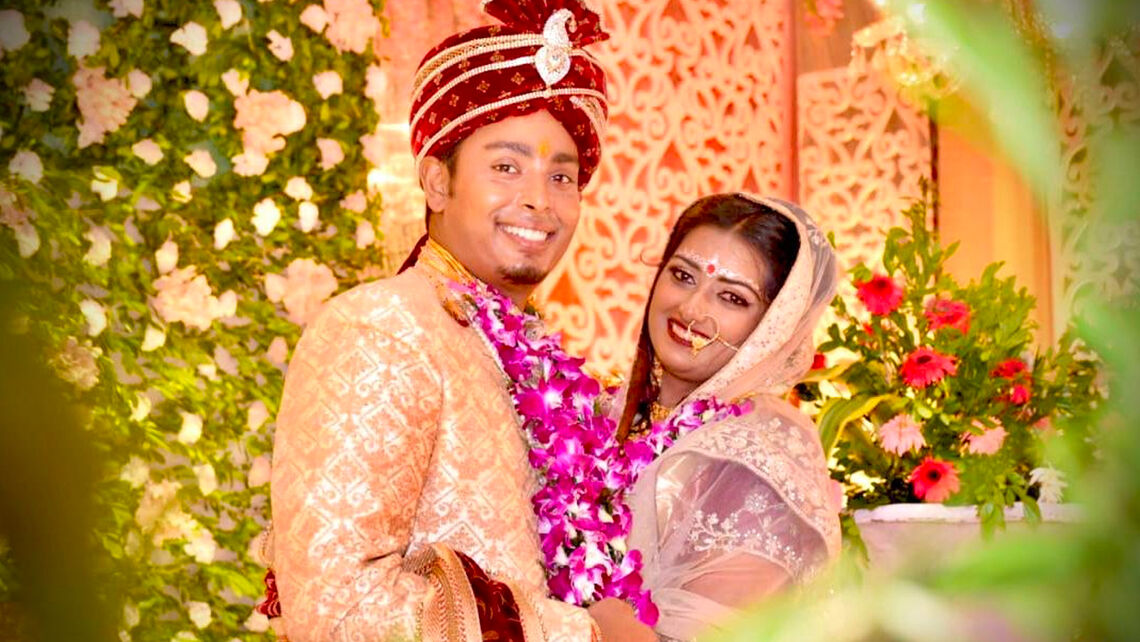
A honeymoon under parental supervision, by most standards, is something to be avoided.
“We can’t run away,” Indian archer Atanu Das joked recently from his home in Kolkata, where he is sheltering in place with his new wife, fellow Olympian Deepika Kumari, and each of their parents. “There’s no place to go. We had plans for an island vacation, but now we’re waiting on that.”
Such are the perils of getting married during a global pandemic. While the newlyweds made sure to take the necessary precautions during their wedding on 30 June in Ranchi, Jharkhand, their maiden voyage as husband and wife – like most things these days – will have to wait.
The two archers had been engaged since 2018 and intended to wed after the 2020 Olympics in Tokyo. But with the Games postponed by a year, they decided to bring their plans forward and exchange vows.
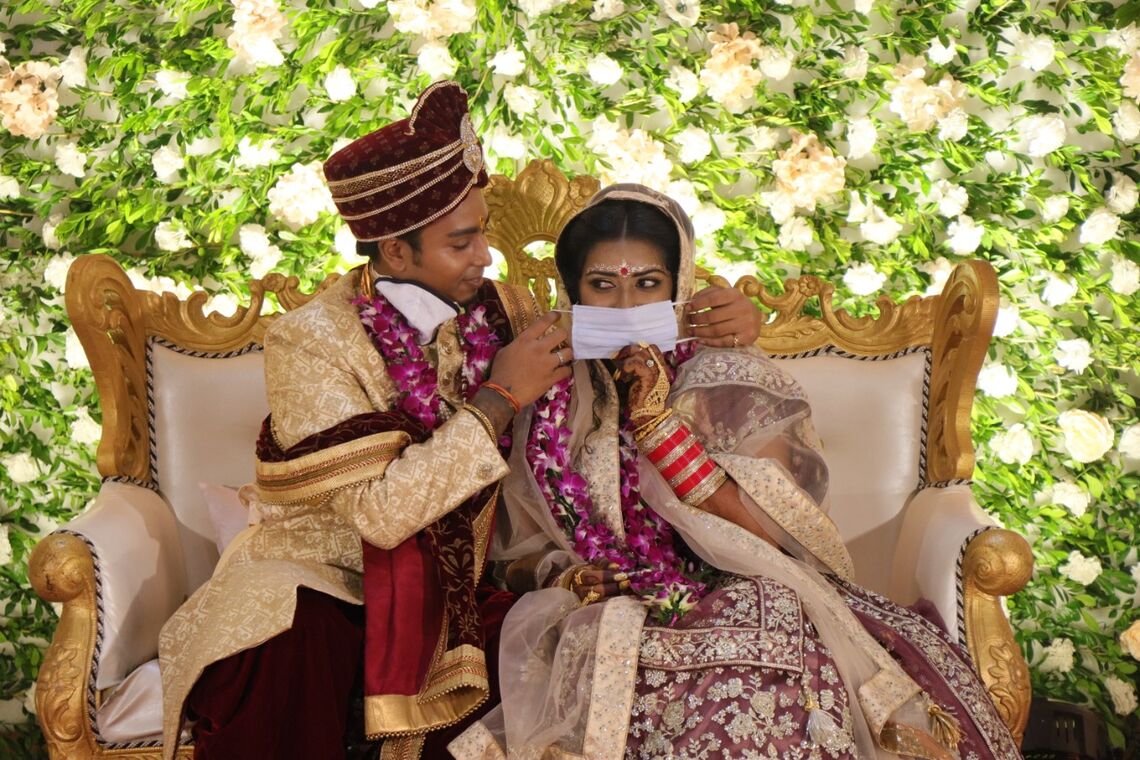
Among the numerous ripple effects of COVID-19, Atanu said, came an unintentional but welcome unburdening: “the unexpected gift of time”.
“We didn’t want to skip any competitions because of our personal life,” he said. “We only have so much time to compete at a high level, so why not do it 100% - all the way, all the time? We just want to make the most of it.”
Following a small, traditional ceremony restricted to 100 guests – including Jharkhand chief minister Hemant Soren and the new president of the Archery Association of India, Arjun Munda – Atanu and Deepika are free to focus their attention toward India’s national camp in November.
Both archers are likely to represent their country in Tokyo next year. Deepika, a former world number one, secured an individual quota place courtesy of her gold medal finish at the Asian continental qualifier in Bangkok in November 2019.
Atanu, meanwhile, was a member of the silver-medal winning Indian team at the most-recent World Archery Championships and is set to head to Japan for his second consecutive Games.
It would likely represent the first time that a husband-wife duo from the same sport will represent India at the Olympics.
“He’s so supportive. I can’t imagine what it would be like to do this without him,” said Deepika, who has championed Indian archery since winning gold at the 2010 Commonwealth Games. “We’re husband and wife now, but it’s really a partnership. We have the same goals, and we’re able to focus on them together.”
Atanu echoed his wife’s sentiments. An Olympic dream can be demanding, requiring a singular focus and devotion to craft that doesn’t necessarily leave time for the people who love you.
Marrying someone with similar goals, Atanu said, helps alleviate those concerns.
“It’s a beautiful thing,” he explained. “I don’t have to constantly explain things all the time because she knows already. Our commitments are pretty similar. It isn’t hard to maintain.”
The two first met as apprentices in 2008, at the Tata Archery Academy in Jamshedpur, though they didn’t strike up a conversation, let alone go on a date, until later.
Born in Baranagar, West Bengal, Atanu only spoke Bengali when he arrived at the academy at the age of 14. Kumari, meanwhile, only spoke Hindi.
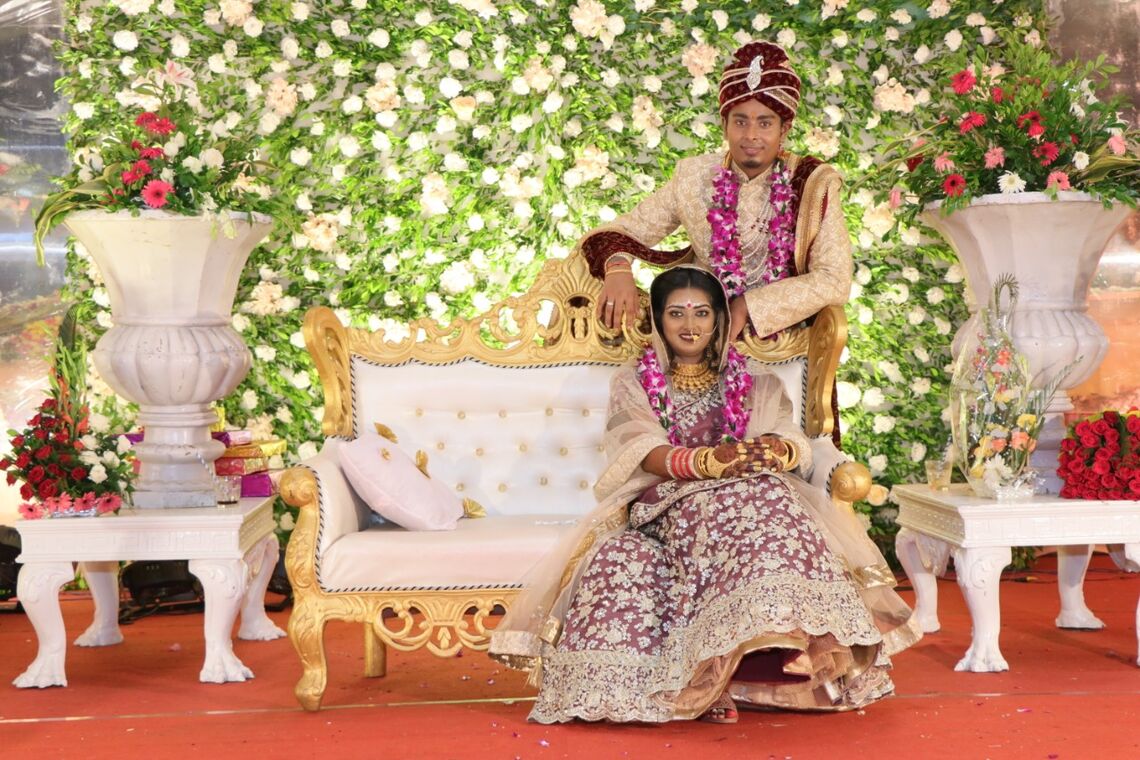
“He wasn’t a talkative person,” Kumari recalled. “It was just simple things like, ‘Hi, how do you do?’”
Their shared time at the academy meant they were well-acquainted by the time their relationship began three years ago. They have competed together over the years, winning a number of individual medals, and even climbed the international podium together in the mixed team event – which will make its Olympic debut in 2021.
“She knows what I like, and I know what she likes,” Atanu said. “We travel together, train together, compete together and win together.”
The newlyweds hope Tokyo results in further cause for celebration. While the constraints of social distancing have made preparing for the Games difficult, taking a victory lap on the world’s stage, they both agreed, would make it all worthwhile.
India has never won an archery medal at the Games. Securing a first for their country would make an eventful year even more special.
“After the Olympics,” Atanu said, “we can hopefully visit that island.”


